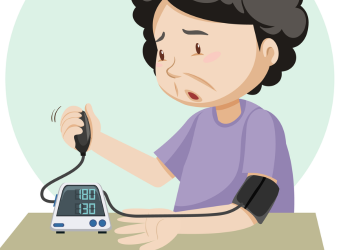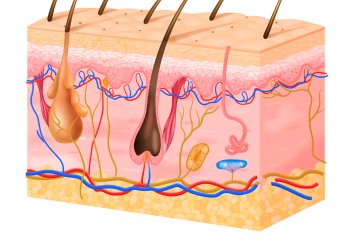
A dry cough is a tickly
irritation in your airways or throat that doesn't bring up anyphlegm or mucus when you cough.Because there isn’t mucus blocking your lungs or airways, nothing
comes out when you cough. A dry cough is also called an unproductive cough.
A cough is the body’s way
of clearing your lungs and airways of irritants and foreign matter that can
make you sick. You usually get a dry cough when your airways are inflamed or
something irritates them. Usually get a wet cough when you have an infection
that’s creating a lot of mucus to try to clear out the cause of the infection.
Sometimes, it can come
with other symptoms of a respiratory infection, or with chest tightness from
coughing too much.
CAUSES
Allergies
Asthma
Croup (in children)
Exposure to
chemicals or irritants
GERD
(gastroesophageal reflux disease) or laryngopharyngeal
reflux
Medication
side effects
Postnasal
drip
Smoking
Vocal cord
dysfunction
Whooping
cough (pertussis)
Some more serious
conditions can cause a chronic dry cough, including:
COPD
(chronic obstructive pulmonary disease)
Heart
failure
Lung
cancer
Pneumonia
Pulmonary
embolism
Sleep
apnea
Tuberculosis
MANAGEMENT
Most dry coughs clear up when you treat the underlying cause.
HydrationDrinking plenty of liquids to stay hydrated can
help a cough. Hot tea or water with honey and lemon can soothe irritated
airways.
Cough drops or hard candiesSucking on a
hard lozenge promotes saliva production that soothes your throat. Some have
ingredients that numb the tickly feeling.
A spoonful of honey.
A humidifierA cool-mist humidifier puts moisture into the
air. This extra moisture soothes nasal passages and sore throats and eases dry
coughs. You can also get more moisture by taking a steamy shower or a hot bath.
PREVENTION
Avoiding
irritants and allergens like chemicals, mold, and fragrances
Washing your
hands frequently to prevent respiratory illnesses
Quitting smoking and avoiding secondhand
smoke
FAQs
How long is it OK to have a dry cough?
If you have a dry cough
that lasts longer than three weeks, especially if you’re not sure of the cause,
contact a healthcare provider. They can help you get to the bottom of
whatever’s causing it and might be able to give you some symptom relief.
Why does my chest hurt when I cough?
Many people have a feeling
of chest tightness with a dry cough. If you have a forceful cough or one that
lasts longer than three weeks (chronic cough), it can strain your lungs or
chest muscles. You may develop chest pain from coughing. It might feel like
pressure or a squeezing sensation.
HOMEOPATHY
MEDICINE
Alumina
Spongia
Bryonia





















